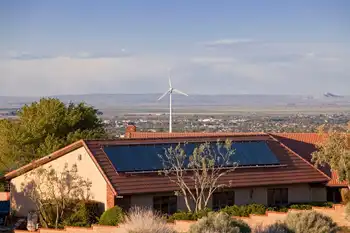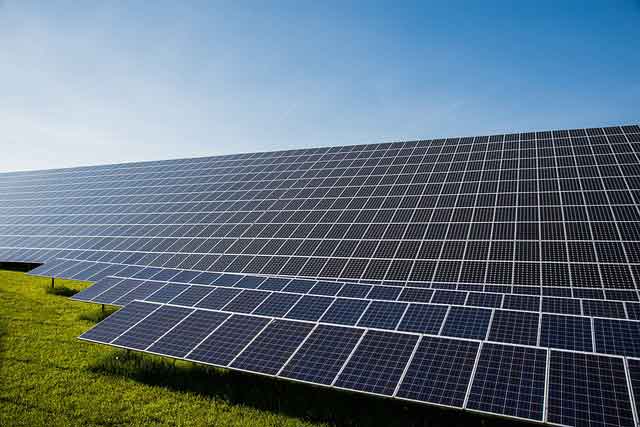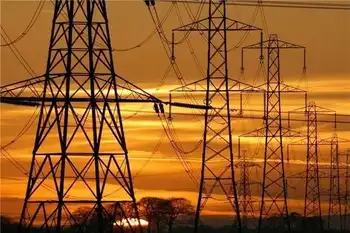Wind is not the future: Nobel laureate
Jack Steinberger, the 1968 Nobel Prize winner in physics and director of CERN's particle-physics laboratory, spoke at a conference of Nobel laureates at the 350-year-old Royal Society in London.
His conclusion: "Wind is not the future," according to the London Times.
Steinberger says Europe should cancel its big wind plans and that solar energy is the future.
Historical resources in the energy-hungry world are being depleted, he said, predicting that fossil fuels, coal, and oil will be gone in 60 years. But the solution, he asserted, is not wind power.
The reason? Wind power still requires backup power when the wind isn't blowing, and that decreases its contribution to emissions reductions.
On the other hand, solar thermal power — where collectors concentrate sunlight using mirrors and lenses to produce electric power and heat — is already economical and can handle the storage problem, he said. The heat produced can be stored, enabling solar thermal plants to produce electricity during hours without sunlight.
Steinberger now wants funding for a big pilot project.
The idea is to link solar thermal power from Northern Africa to Europe via high-voltage undersea cables. The proposed 3- to 3.5-gigawatt power plant would cost an estimated $32 billion to build. Steinberger believes that 80 percent of Europe's energy needs could be met by solar thermal power plants in the Sahara by 2050.
In the U.S., which has the world's largest installed base of wind power, the Obama administration has pinned high hopes on wind, with Secretary of the Interior Ken Salazar recently expressing hope that wind power could replace coal.
Meanwhile, the 1976 Nobel Prize winner in physics, professor Burton Richter of Stanford University, agreed that solar energy is a promising new technology, but speaking at the Royal society conference, did not want to rule out wind as a future energy source.
Related News

High Natural Gas Prices Make This The Time To Build Back Better - With Clean Electricity
NEW YORK - Experts are forecasting serious sticker shock from home heating bills this winter. Nearly 60 percent of United States’ households heat their homes with fossil fuels, including natural gas, propane, or heating oil, and these consumers are expected to spend much more this winter because of fuel price increases.
That could greatly burden many families and businesses already operating on thin margins. Yet homes that use electricity for heating and cooking are largely insulated from the pain of volatile fuel markets, and they’re facing dramatically lower price increases as a result.
Projections say cost increases for households could range anywhere…




